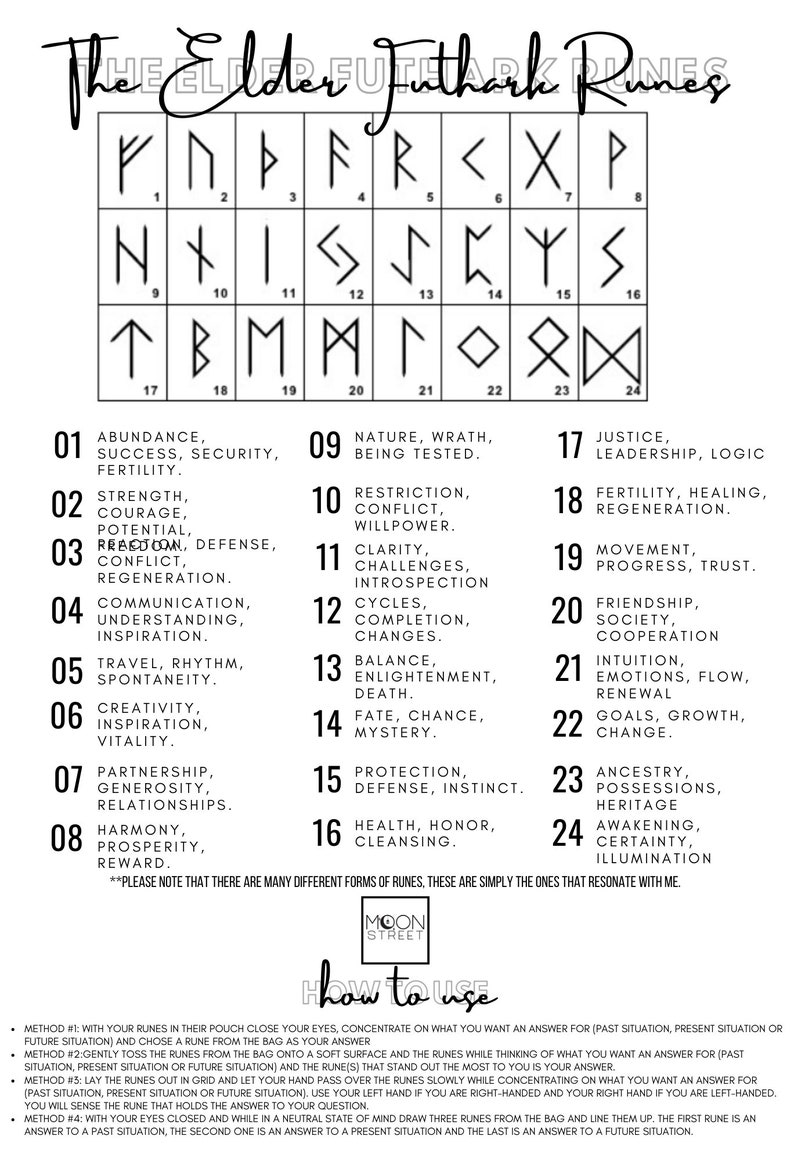OK, that's what I actually meant, my bad. But I still don't get your point in "Symbols represent ideology". The concept of "ideology" in its current understanding and its first case we owe to Marx. While ideologies indeed adopted some symbols and created some others, symbols (in general) are much older than that. But... what does ideology have to do with the topic at hand?I did not say "all symbols". Said "symbols", by wich I mean "in general".
--
For those who are interested and either can read Russian or are curious enough to use a translator, there are two new entries on Russian Wikipedia:
Marking of equipment of the RF Armed Forces during the invasion of Ukraine

Символы российского вторжения на Украину — Википедия
and
Z (symbol of the Russian invasion of Ukraine)

Символы российского вторжения на Украину — Википедия
Spoiler:
Nothing conclusive in there but a nice summary nevertheless
In Russian media we can also see now a new term "Special Operation 'Z'" in relation to the operation in Ukraine. :)
How powerful symbols can be, we can see from the mainstream reaction to "Z" (as it was in Greece back in the 1960s). The same time, it's an obvious sign of their weakness and desperation when they see it necessary to turn to censoring symbols (and adding to that symbol's power by such an act, BTW!). Not to mention their hypocrisy when previously banned Nazi symbols are now ubiquitous and welcome. Oh dear...
Added:
It just occurred to me that Z's equivalent in Greek alphabet is "Ω" but they seem to differ in their respective associations. Ω (o-mega) seems to stand for "all", or "all-encompassing", in math it's a measure of infinitive but countable sets, and "Z" for the last one, final, closing, OSIT....
Last edited:

